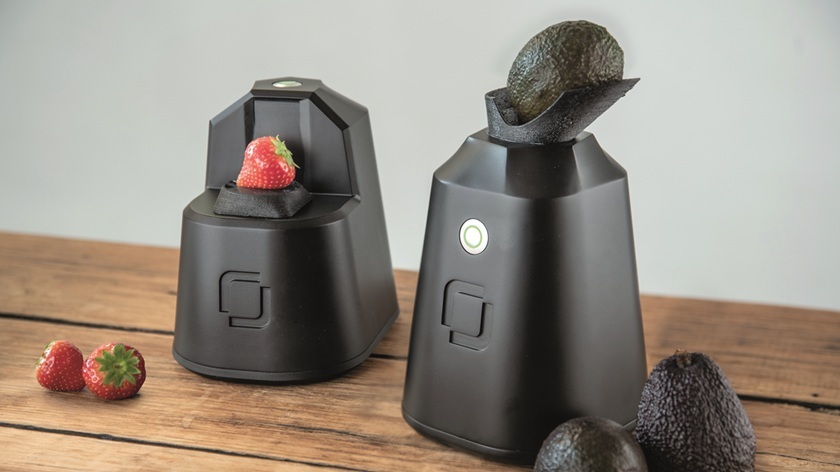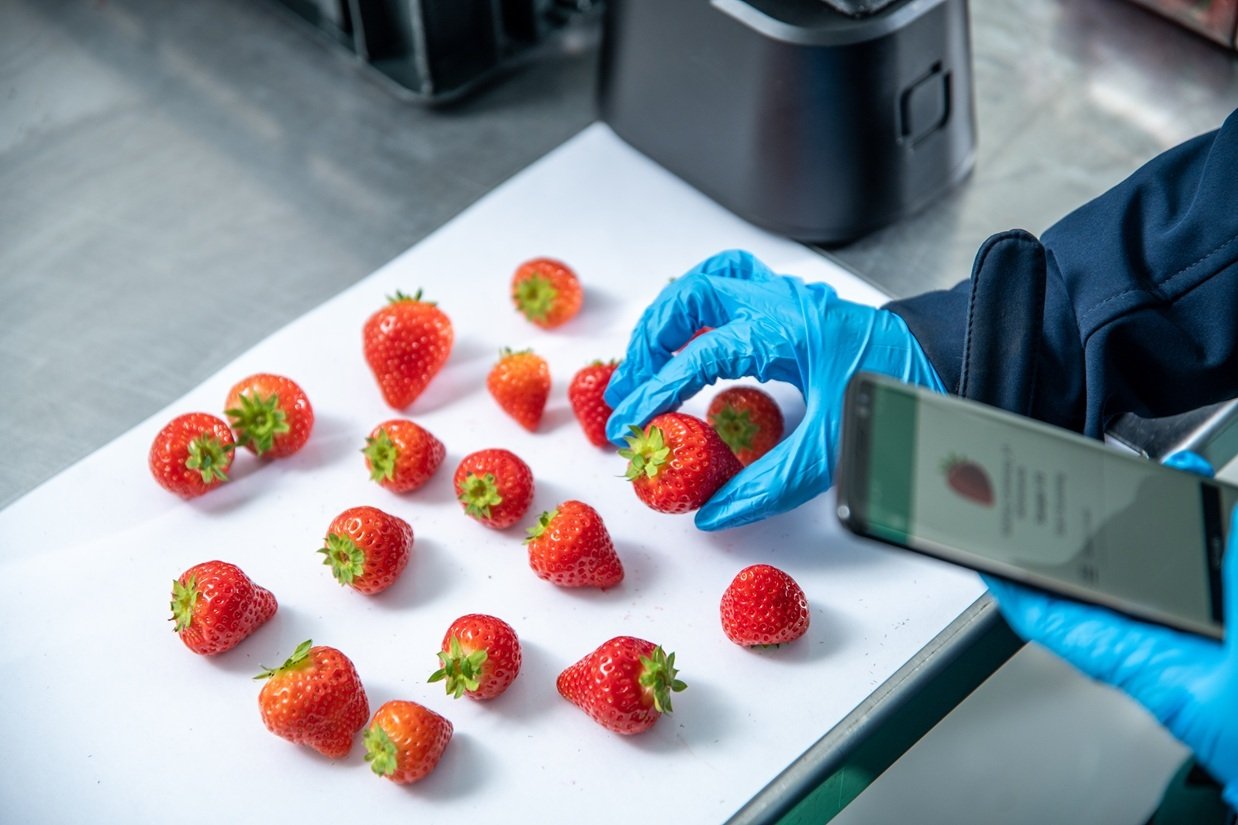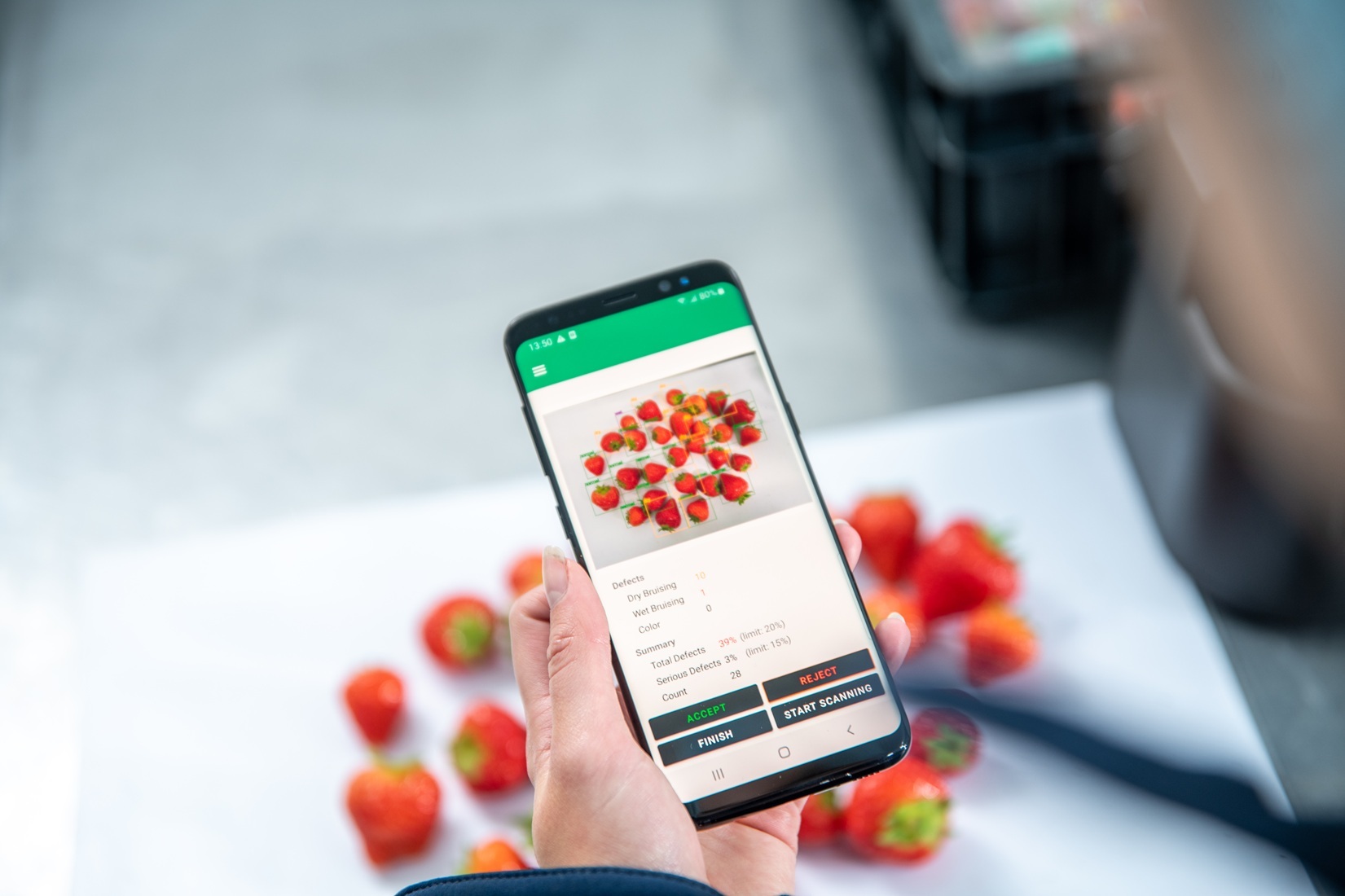
21 Jun 2023
doorOneThird
Each year, about 200 million pounds of Thanksgiving turkey turns to food waste. Meanwhile, this year, we are seeing extraordinary circumstances. Feeding America reports that 50 million people faced food insecurity this year. The lines for food banks are miles and hours long this holiday season. So, how can we show thanks while reducing Thanksgiving food waste in our own homes?
Ideas for Limiting Thanksgiving Food Waste
1. Plan your meal
Before shopping, make sure you have a grocery list for only the things you need. Take stock of what you already have in your kitchen, and only buy what you need from the store. Think about portion sizes and consider how many people you will be serving, as well as how long you really want to be eating leftovers.
2. Save scraps and leftovers for future use
While cooking, set aside scraps for future meals. Freeze vegetable peelings and meat trimmings for broths and soups. Make chips from potato peelings (or skip peeling your veggies all together). Sauté and caramelize extra chopped onions.
Store leftovers in marked containers. That way, you’ll know what you have and how long you’ve had it, making it more likely that you’ll eat it before it actually does need to be pitched. Having guests? Ask them to take home goodie-bags with their favorites from the night. Or, drop meals off for any neighbors that might benefit from a warm meal.
Faced with a true plethora of leftovers? Get creative! Find recipes suggesting new ways to use what you already have. Extra bread rolls? Bread pudding. Leftover turkey? Try homemade turkey stock (yes, with the bones). The same goes for staple ingredients, like green beans or sweet potatoes: take the time to learn more about it, and try something new!
Still plenty to go around? Let your pets in on the Thanksgiving love. Toss together your pet-friendly leftovers (turkey meat, sweet potatoes, green beans) with some brown rice, and let your furry friends enjoy.
3. Donate
As mentioned, far too many people are hungry this year and this holiday season. If you have canned or otherwise packaged leftovers that you absolutely won’t get to, consider donating those goods to a local shelter or food bank. OneThird has compiled an interactive map to help you find a food bank near you.
4. Compost
As a last resort, compost your food once it truly can’t be salvaged as edible. Composting helps make our food system a closed system, as opposed to tossing it into the landfill, where it doesn’t do any good. In other words, when we compost our leftovers, it goes right back into our food system, helping to more efficiently nourish the next harvest. Look into local community compost or compost collection/drop-off opportunities, or start your own compost in your kitchen or yard space.
Happy Thanksgiving from the OneThird Team!


